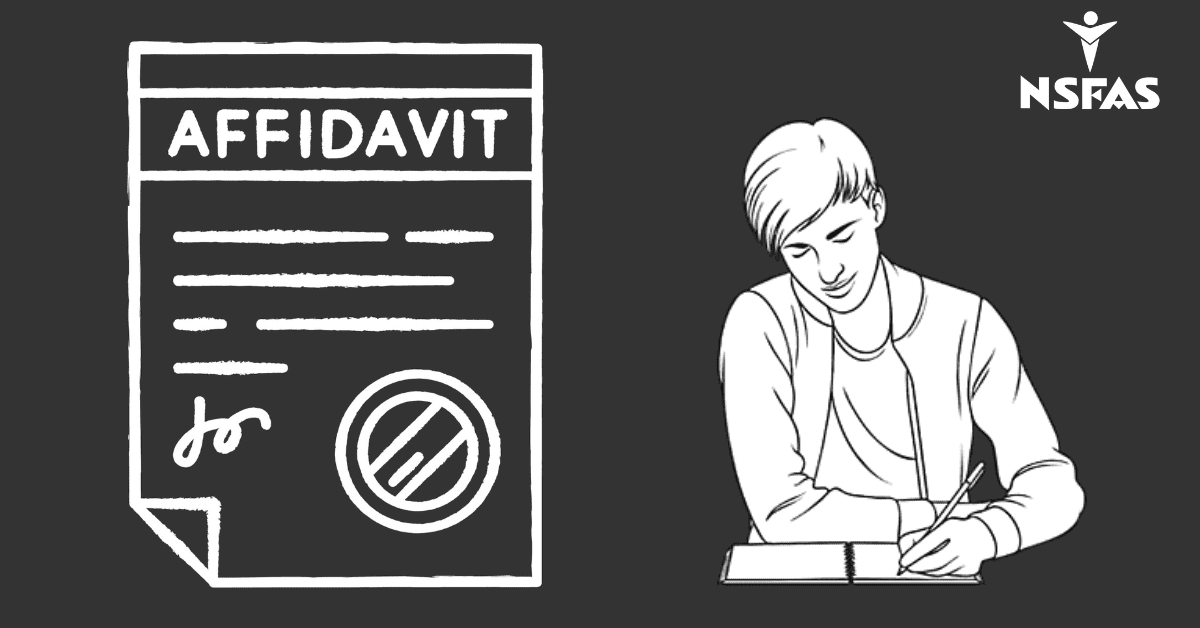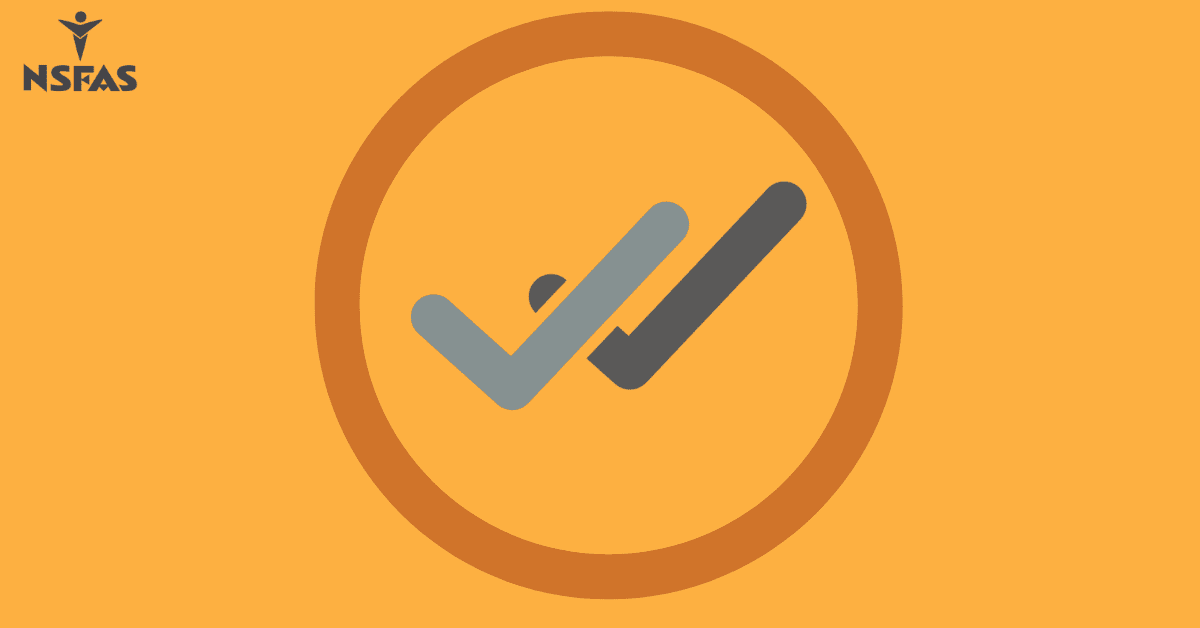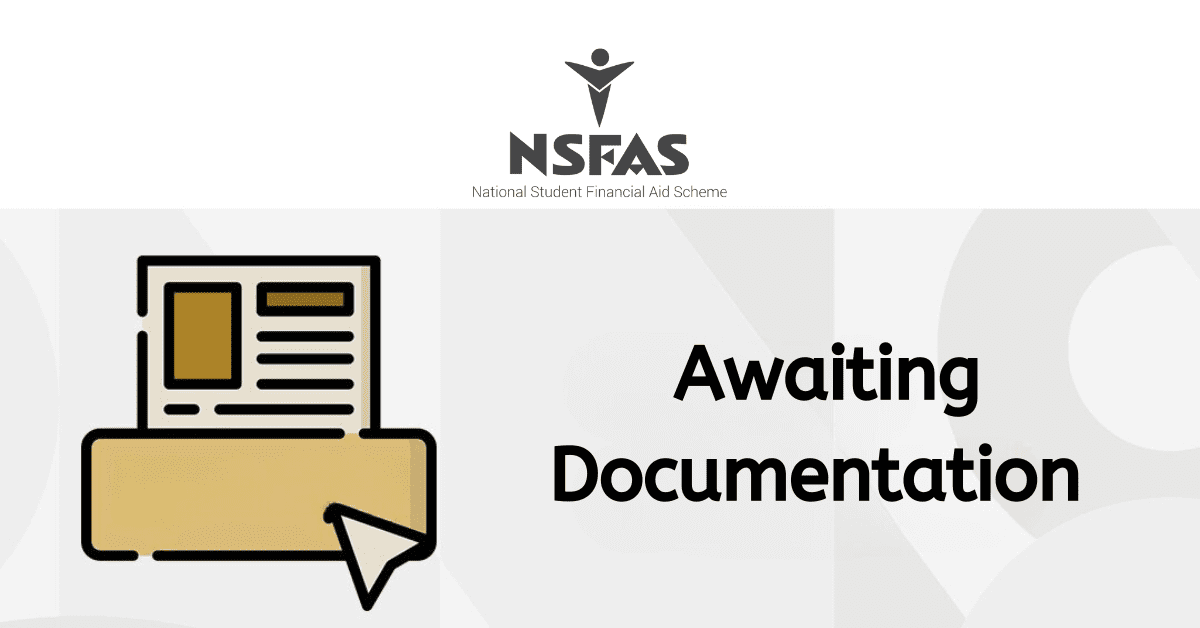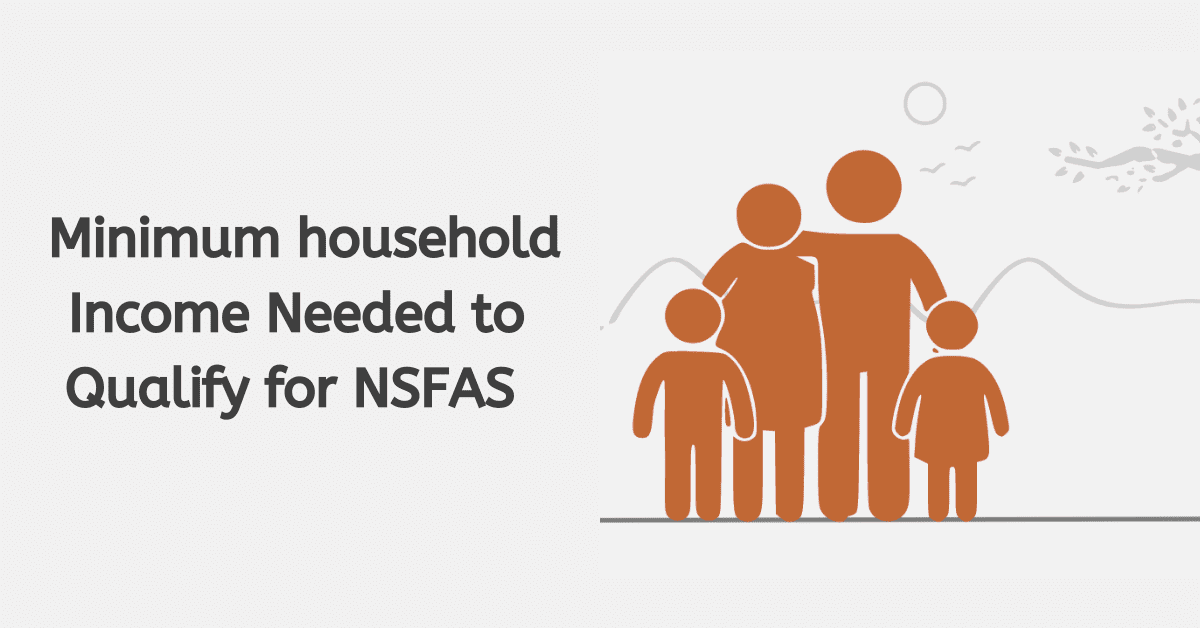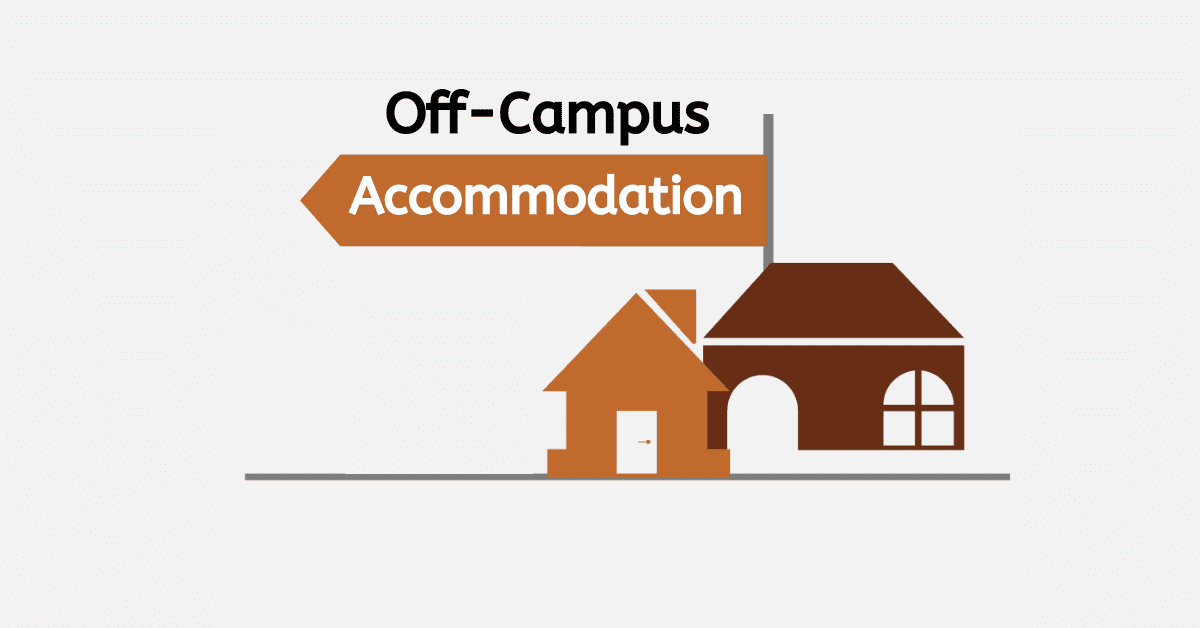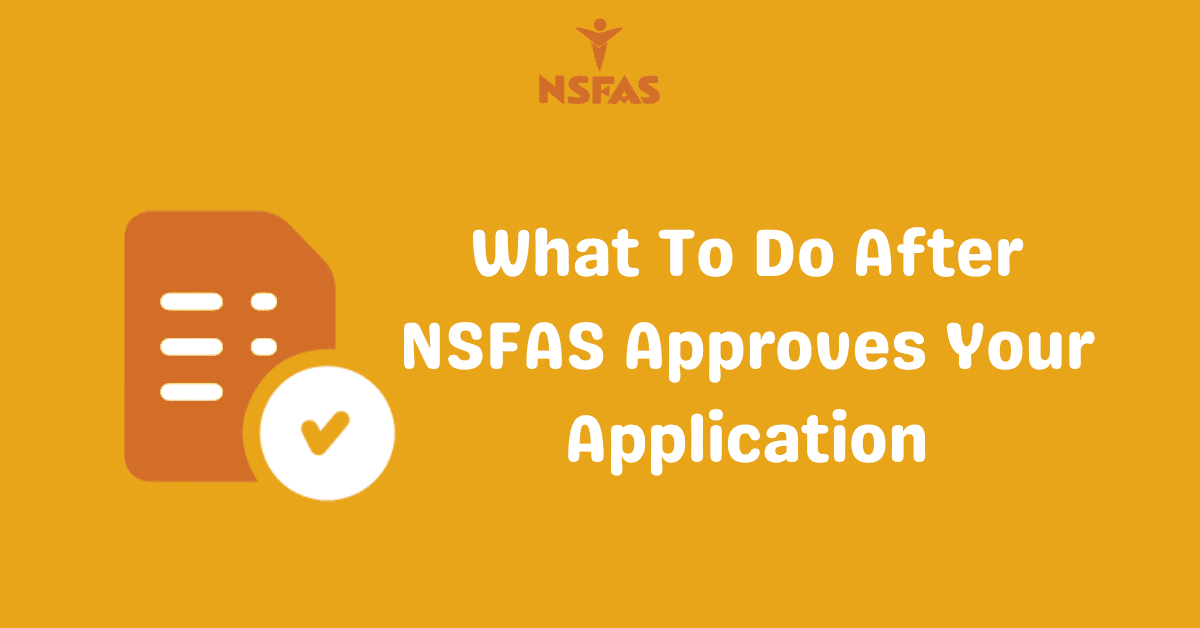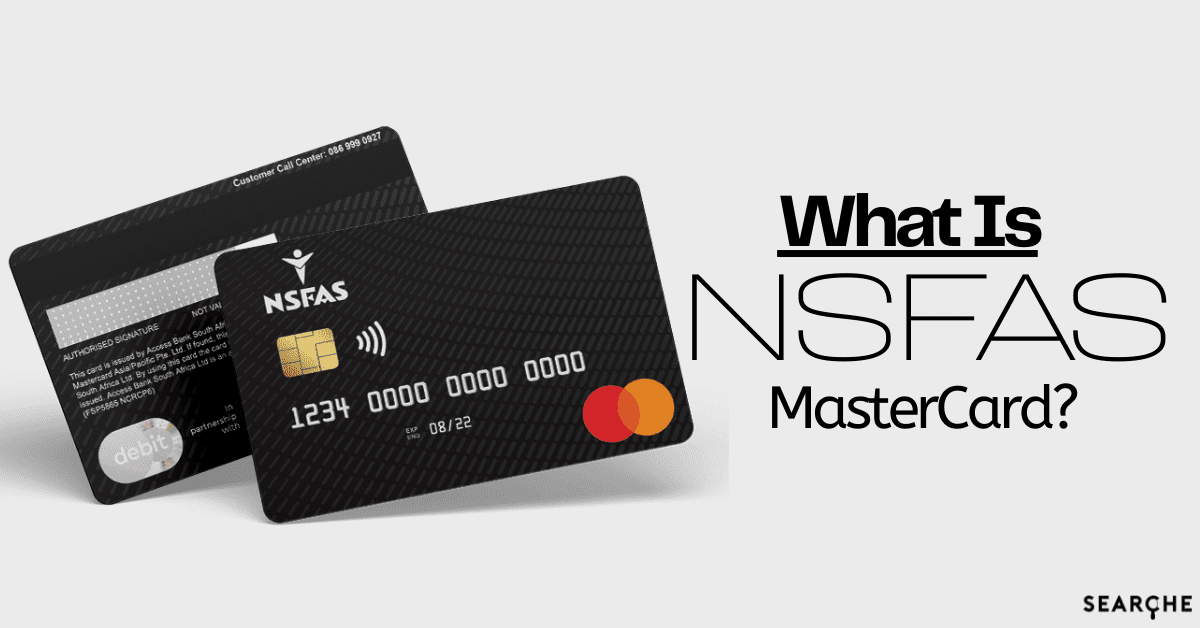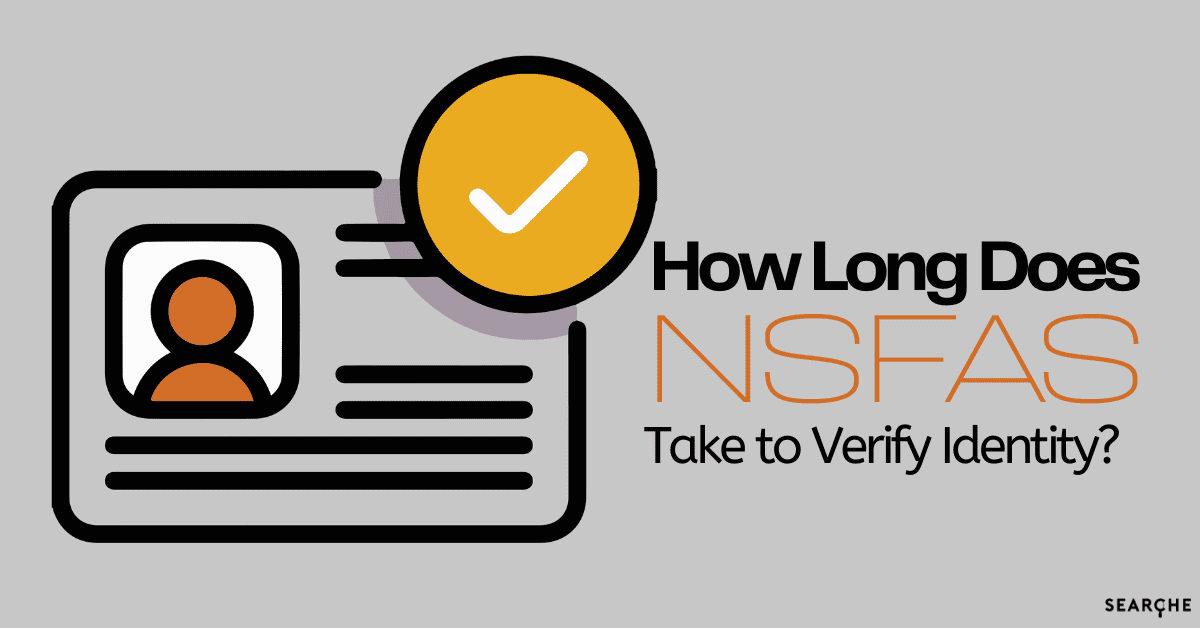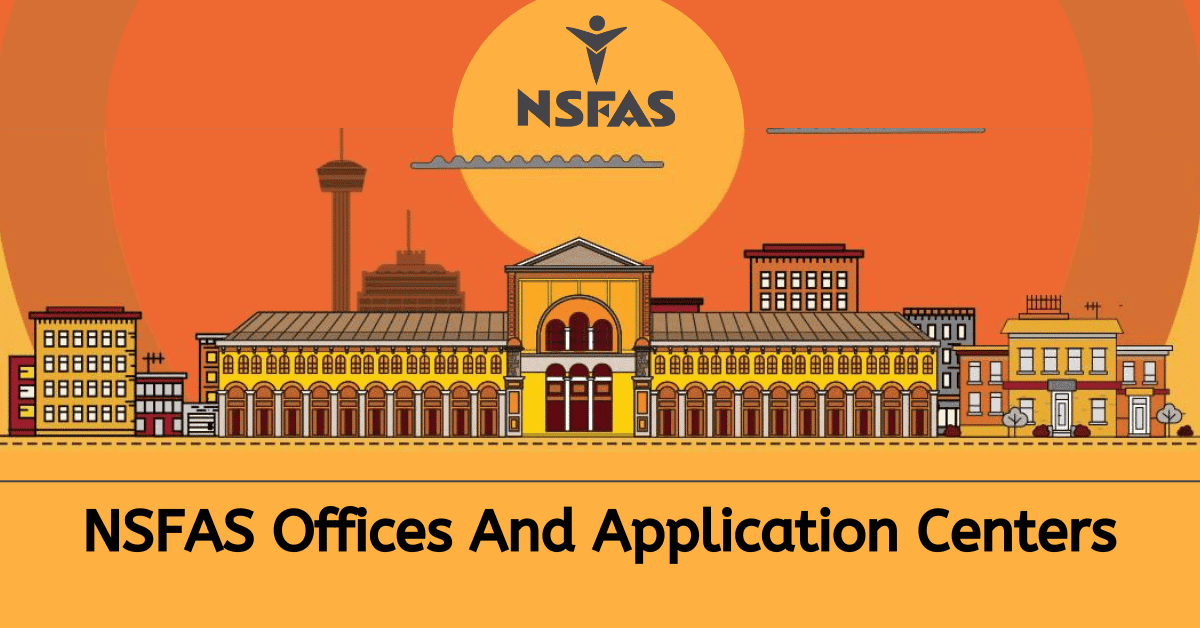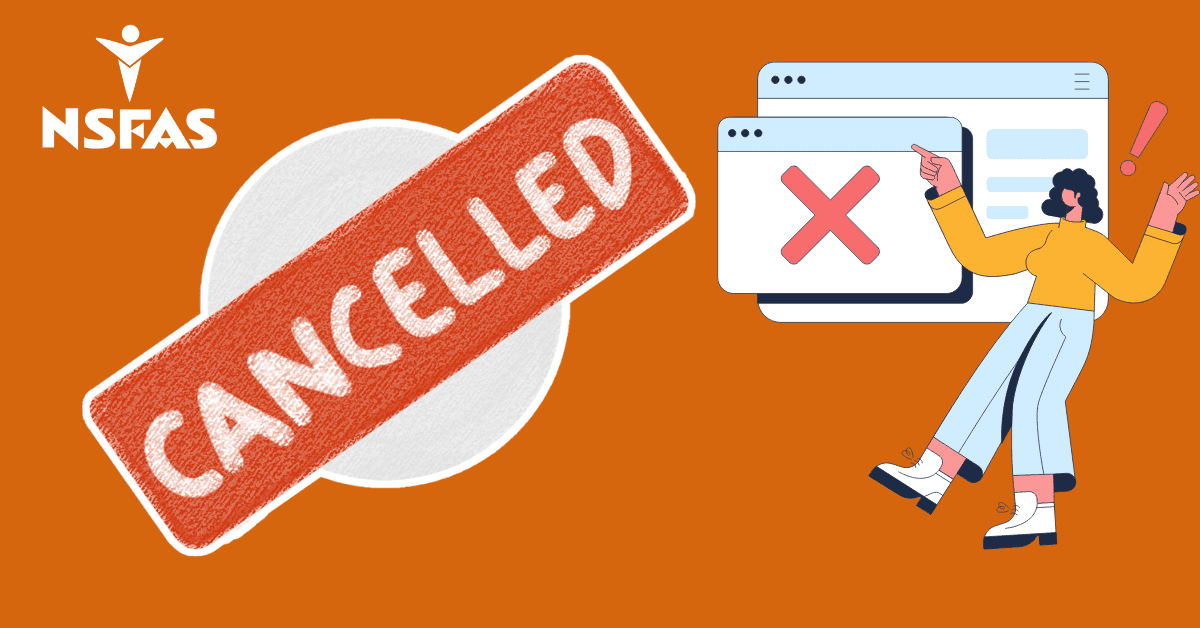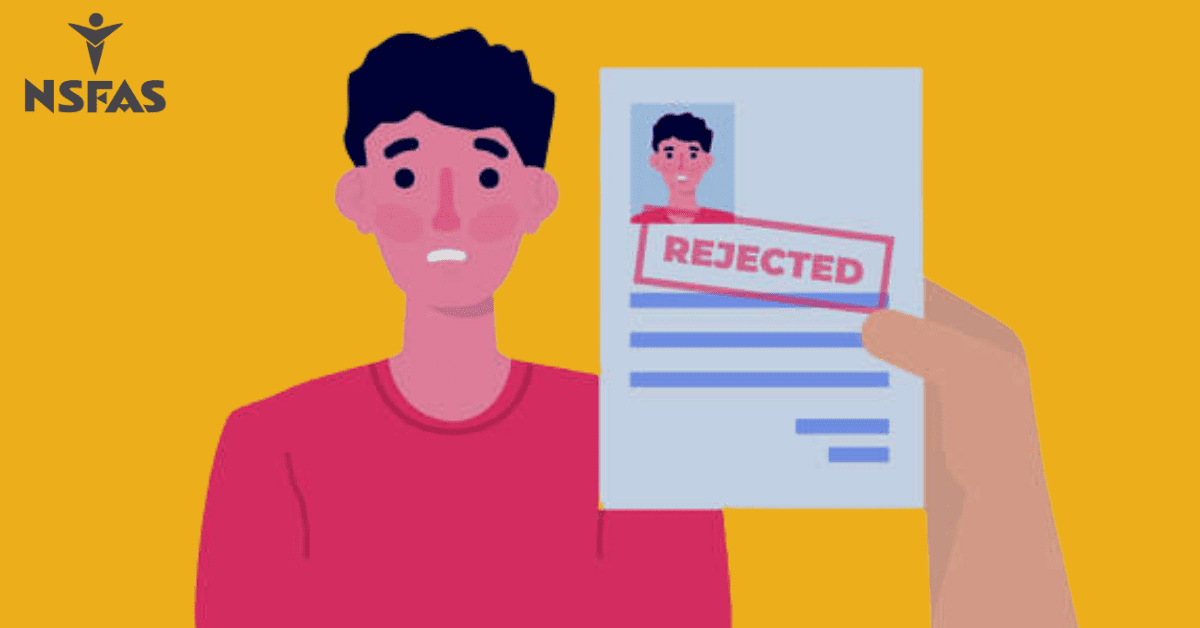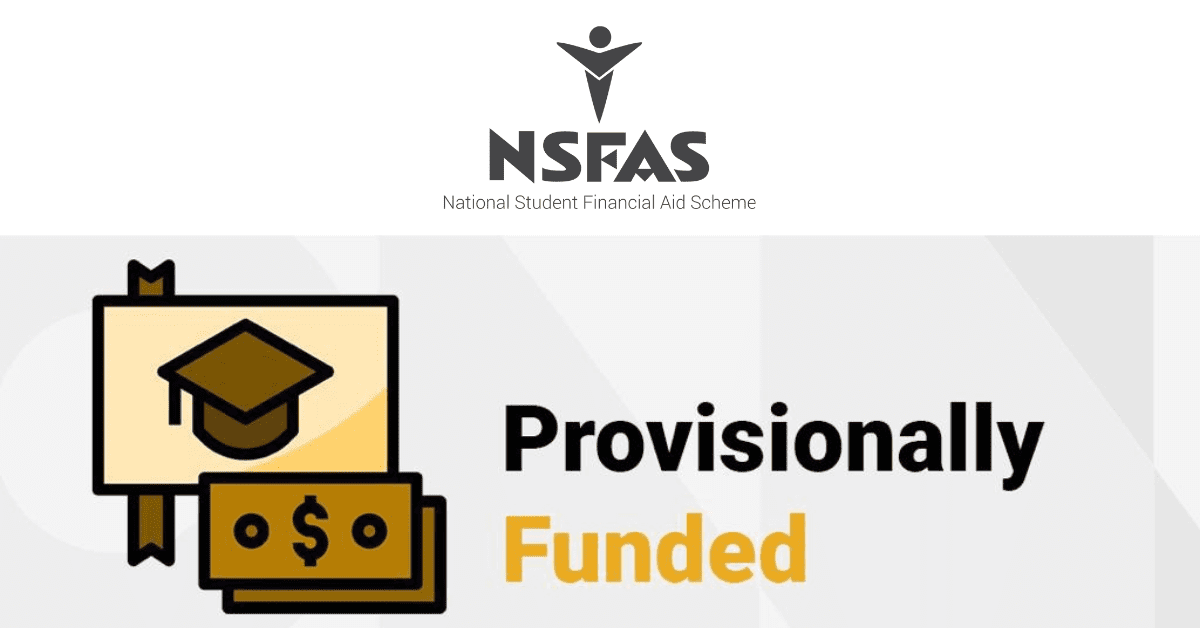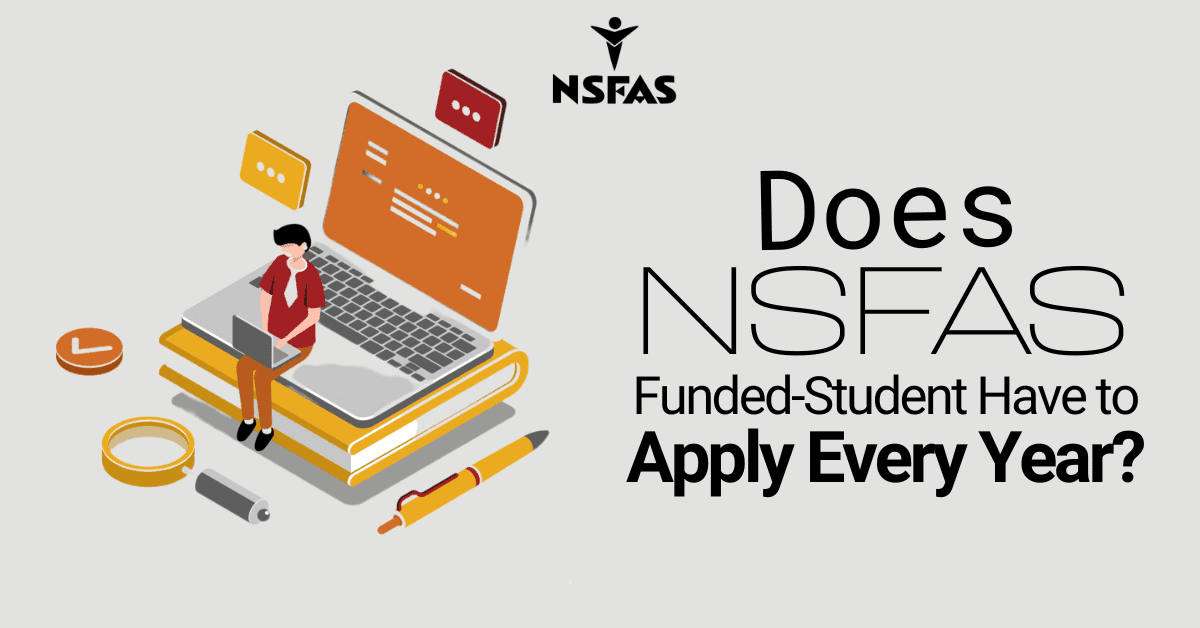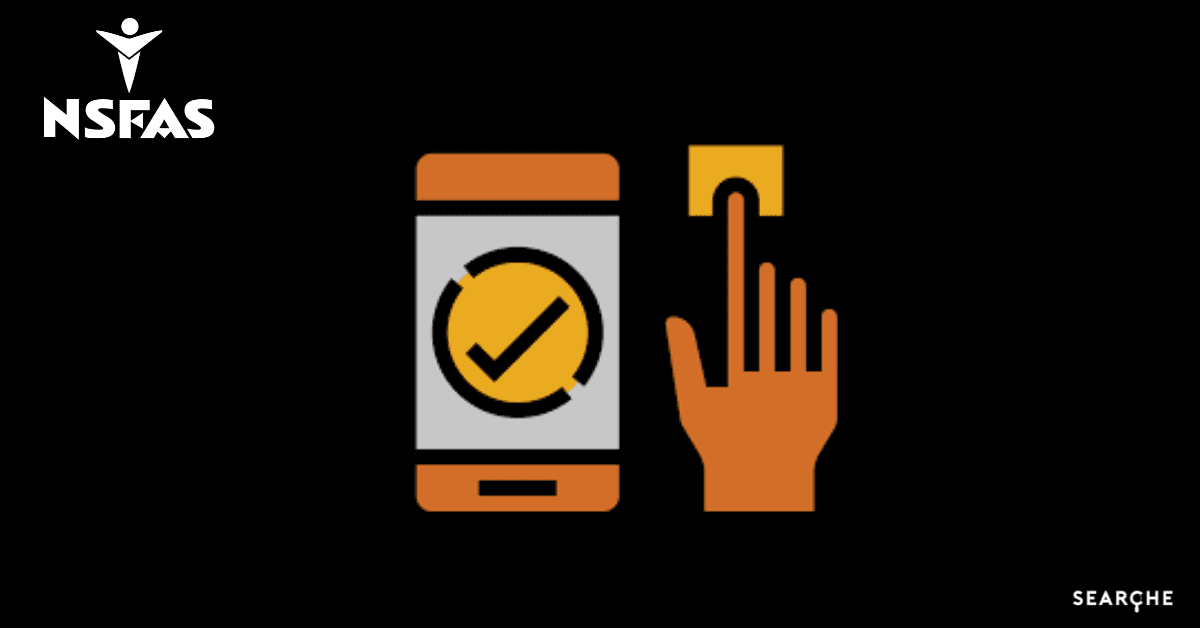When you decide to pursue higher education but cannot afford it, the good news is that you can consider the National Student Financial Aid Scheme (NSFAS) funding. However, you must meet specific requirements before applying for financial aid. For instance, many people often ask, “Does NSFAS have an age restriction?” In this article, we explain crucial elements that can affect the outcome of your aid application.
Does Nsfas Have Age Restriction?
NSFAS aims to help students with poor financial backgrounds and does not discriminate against age or race. There is no age limit, and you can apply for financial support to study at any public university or TVET college of your choice, even if you are more than 60 years. You can get funds from NSFAS to pursue your higher education if you meet the requirements.
Who Qualifies For Nsfas?
To qualify for NSFAS funding, you should meet specific conditions. First and foremost, you must be a South African citizen to be eligible for NSFAS funding. To be considered for financial support, you must have a South African birth certificate, ID copy, or passport. All SASSA grant beneficiaries also qualify for aid.
You need to prove that you come from a family with a combined annual household income of less than R350 000. For applicants with disabilities, the combined household income should not exceed R600 000 per year. Students who were registered before 2018 should have an annual household income of not more than R122 000. If you are admitted to a TVET college or public university and intend to register for the first time, you qualify for an NSFAS bursary. You should know that it only covers students at public universities and TVET colleges.
It is vital to pass Grade 9 and 10 to qualify for NSFAS aid to study at a TVET college. To study at a public university and receive NSFAS funding, you must pass Grade 12 first. Without matric, you cannot get a place at university which automatically disqualifies you from getting support.
Who Is Not Eligible For NSFAS?
The bursary is not open to foreigners even if you have permanent residence in South Africa. If you come from a family with a combined annual household income of R350 000, you don’t qualify for NSFAS. Additionally, if you complete another qualification using NSFAS funds, you are not eligible for support again. NSFAS can only sponsor an individual once.
If you fail in your academic studies, you will have to look for alternative funding. Prospective TVET students must pass Grade 9 and 10, whereas university applicants must have matric. People looking for money to cover short courses are not eligible for NSFAS. Furthermore, if you want to study at a private institution, you will not get assistance since NSFAS is specifically meant for students at public universities
How Many Years Does Nsfas Fund A Student For?
NSFAS can fund you for a maximum of five years, depending on the availability of funds. If you take more than five years to complete your course, then you’ll have to pay from your pocket to complete your course. Most degree programs take three to four years to complete, meaning students can complete their studies without fear of financial challenges. Other degree programs like medicine take seven years to complete, meaning that students should fund the remaining years to complete their studies.
The number of years you are registered at a particular institution determines your funding. NSFAS offers the N+1 rule, which implies that the students will get an additional year to complete their course. For example, if you fail several modules to finish your course, you are given another chance to finish. You will no longer be eligible for government support if they exceed five years.
Does Nsfas Fund You If You Fail?
NSFAS policy agreement states that students must pass at least 50% of their modules and meet the academic performance standards of their respective institutions to continue receiving funding. If you fail more than 50% of your modules, NSFAS will stop providing funds for your education.
However, if you meet the policy requirements of passing more than 50% of your modules, you will continue getting aid. For instance, if you fail two or three modules but your academic performance is above 50%, you will get financial support to complete your program.
NSFAS has an N+1 rule which states that each student is entitled to get an additional year to complete their studies if they fail certain modules. This policy is meant to protect the students’ interests because their failure can be caused by factors beyond their control. For instance, poor health or losing your loved one can affect your performance. Therefore, you will be given another chance to put your house in order.
If you fail again, NSFAS stops funding, and you will have to look for alternative sources of money if you are still interested in obtaining your qualification. The N+ rule is based on the number of years you have been registered at a particular tertiary institution to study in South Africa, not the years you have been receiving support.
Before you apply for NSFAS funding, you should know the requirements to qualify. If you meet the conditions outlined above, you can go ahead and apply for financial assistance to pursue your studies at your preferred public university or TVET College in South Africa.
